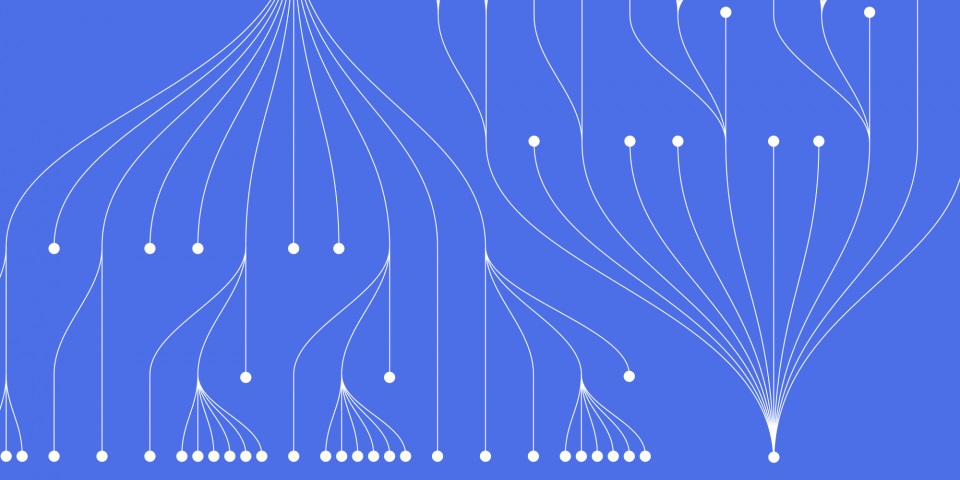
7 November 2018
Containerized applications are becoming very popular and it’s easy to understand why. They provide so many benefits to organisations, especially when it comes to bringing new applications to market. Let’s look at some of the benefits here, using Docker and Kubernetes as examples.
Faster development
Docker containers package up software and its dependencies into self-contained units that contain everything it needs to run (code, runtime, systems tools, system libraries and settings). This guarantees that the application will always run consistently and reliably – no matter what computing environment it’s in.
This immediately saves time in the software development process because you don’t need to set up development environments, or make copies of production code to run locally. You just develop your application in a container, test it there in its runtime environment and then deploy it. You don’t need to worry about application conflicts, environment inconsistencies or ‘it works on my machine’ discussions.
Containers also speed up software delivery by enabling concurrent development. They make it easier to break large application development projects into smaller chunks, which can be worked on by separate teams at the same time. This can significantly shorten overall development times.
Easier deployment
Containerization also leads to easier deployment. You can scale up easily by just adding more containers onto your existing infrastructure. The containers are very portable, and can be deployed on different systems and clouds (as long as they have the same OS) without requiring code changes. That obviously increases your flexibility and lets you use more of your existing infrastructure.
Programmes are available too to help you deploy, scale and manage your containerized applications. Kubernetes, for example, is a container-orchestration system that builds on years of Google’s experience in managing containerized applications.
Get more for less
Containerization can also improve your IT operational efficiency. By letting you deploy and run applications without requiring a separate VM for each app, it uses fewer resources (memory, storage and CPU) than traditional virtualization. This saves your organisation money.
Who uses containerized applications?
With all these benefits, it’s no wonder that container technology is used in a range of industries to develop and roll out applications. Here are some examples:
Here at JBI Training, we provide a range of Cloud and DevOps training courses including:
Kubernetes training course (2 days) where you learn to use Kubernetes for automating the deployment, scaling and management of containerized applications
See ourDocker training course (2 days) where you learn to build, ship and run distributed applications using Docker – See our
Microservices Architecture training course (2 days) where you learn to build scalable, highly available and easily maintainable applications – See our Microservices Architecture training course outline

CONTACT
+44 (0)20 8446 7555
Copyright © 2023 JBI Training. All Rights Reserved.
JB International Training Ltd - Company Registration Number: 08458005
Registered Address: Wohl Enterprise Hub, 2B Redbourne Avenue, London, N3 2BS
Modern Slavery Statement & Corporate Policies | Terms & Conditions | Contact Us